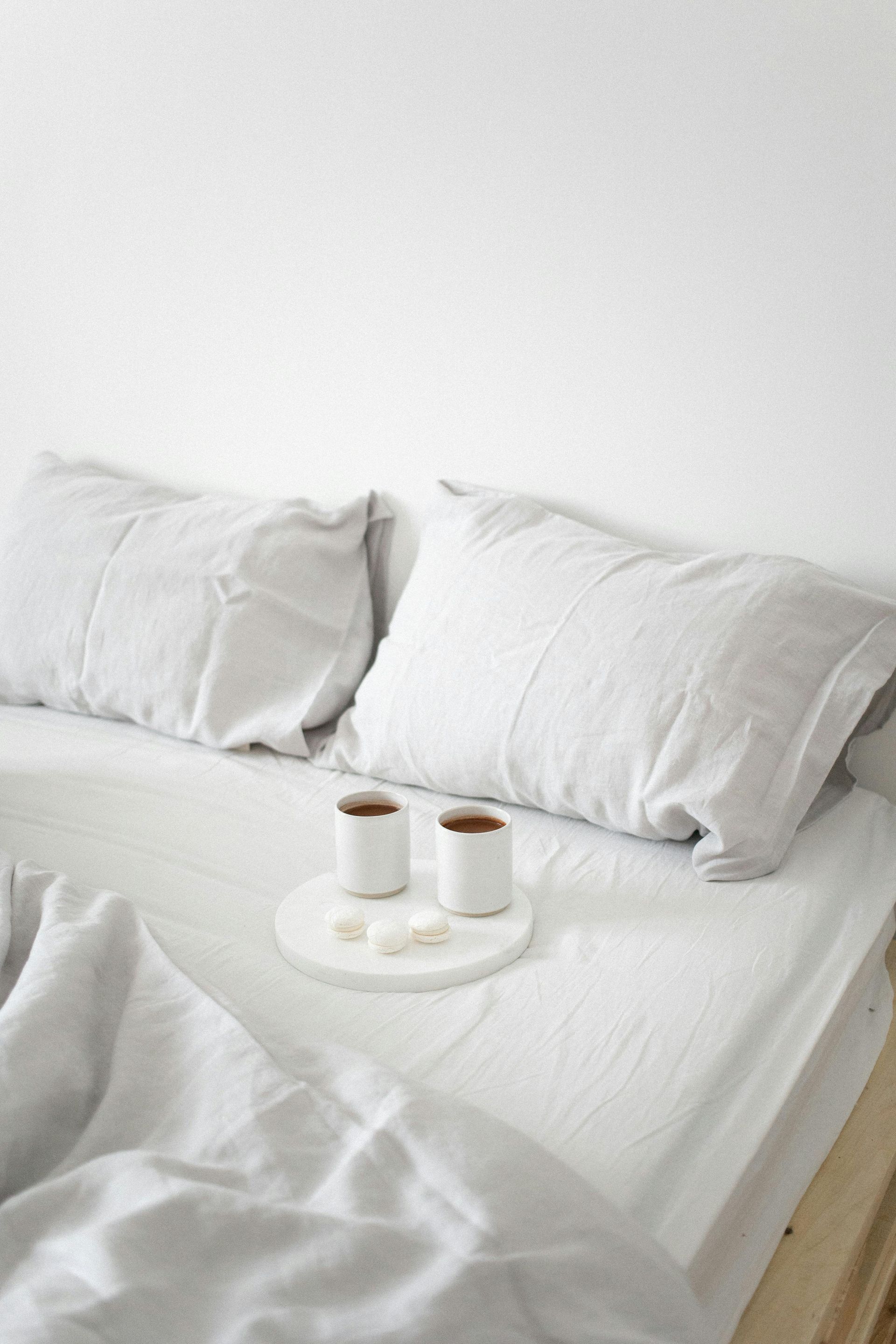The Relationship Between Self-Care and Self-Confidence
How's your self-care?
I’m sure you’re familiar with the importance of self-care. Taking a bubble bath, vacation, or relaxing at home are all ways to show yourself love and care. And while treating yourself to those, and other, experiences are important, there are several other practices and routines that are essential for maintaining proper self-care. Think about it like this - treating ourselves to ice cream is nice, but we can’t live off ice-cream.
It’s also worth mentioning the mental and emotional benefits that come when you have a solid self-care routine/practice. There is a strong relationship between self-care and self-confidence, with both serving as protective factors against mental health concerns such as anxiety or depression.
Before diving into this topic, I want to say that just like not all vegetables taste good (I’m looking at you, peas), not all self-care acts are fun. But just as vegetables provide our bodies with essential nourishment, a strong self-care practice helps us feel good about ourselves, and provides us with a deep sense of satisfaction.
So, here are some places to start.
Make Doctors Appointments and Go
Going to the doctor isn’t necessarily the most thrilling experience, but it’s a fundamental aspect of self-care. Regular check-ups are important for ensuring that your health is functioning optimally. These check-ups may include visits to physicians for medical concerns, dentists, eye doctors, and other healthcare professionals who play a role in your well-being. By taking charge of your health and addressing any medical issues, you are actively participating in self-care.
Move Your Body
Our bodies were made to move, and our minds love it when we do. Whether it's through exercise, stretching, yoga, or simply taking a walk around your neighborhood, staying active contributes to a sense of vitality and energy. Movement not only benefits our muscles and internal functions but also has a positive impact on our mental state, helping us feel great about ourselves.
Drink Water
Staying hydrated is a simple yet often overlooked aspect of self-care. Drinking plenty of water throughout the day is essential, and proper hydration helps with cognitive functioning, energy levels, and even contributes to an improved mood, all of which are important factors in feeling good about oneself.
Engage in Play or Hobbies
Engaging in activities that bring joy and fulfillment is an important component of self-care. This can range from playful activities like games to dedicated hobbies such as painting or photography. Finding time for play not only relaxes us but also provides an opportunity for personal growth and mastery, which can significantly boost your self-confidence.
Nourish Your Body
Taking the time to nourish your body with healthy and balanced meals is a vital form of self-care. Meal prepping, grocery shopping, and cooking may require effort, but the rewards in terms of financial savings, improved nutrition, and overall well-being are substantial. When we give our bodies the proper nutrients, we are better equipped to function optimally.
Acknowledge and Honor Your Thoughts and Emotions
Self-care also involves acknowledging and honoring your thoughts and emotions. It's important not to dismiss or belittle our own feelings; instead, give yourself permission to acknowledge and explore them. Understanding and accepting your emotions can lead to a greater sense of self-awareness and confidence.
Laugh
Not to be cliché, but laughter truly is the best medicine, and with access to social media I find that it’s easier than ever to laugh regularly. Laughter significantly improves our mood, and sharing moments of joy and laughter with others can contribute to a sense of positivity and joy.
If you’re struggling a bit in the self-care domain, start with these steps. Once you get into a good self-care routine, you’ll start to feel good about yourself, which in turn, increases your self-confidence. And don’t forget to treat yourself! You deserve a reward (or several) for taking care of yourself.
I hope this helps.
Until next time…
-Alana



